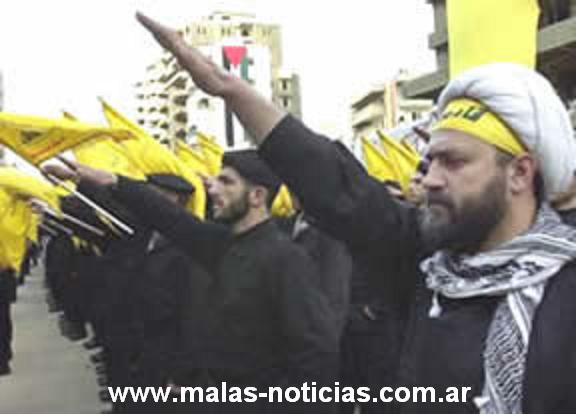Re: War in The Middle East
Around 25,000 refugees are now located in Bourj Hammoud.. Here's a new video clip from aztagdaily.com
Around 25,000 refugees are now located in Bourj Hammoud.. Here's a new video clip from aztagdaily.com

















Comment